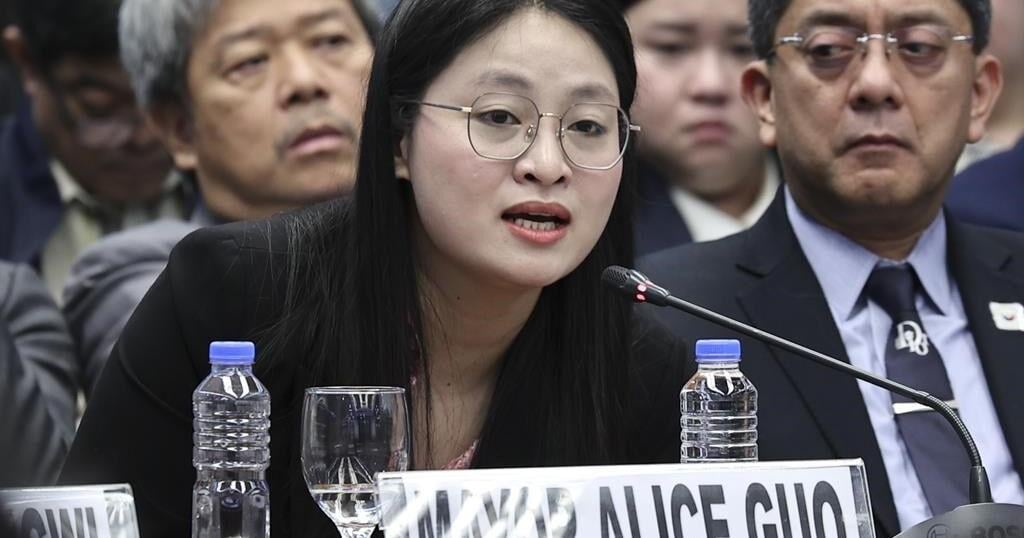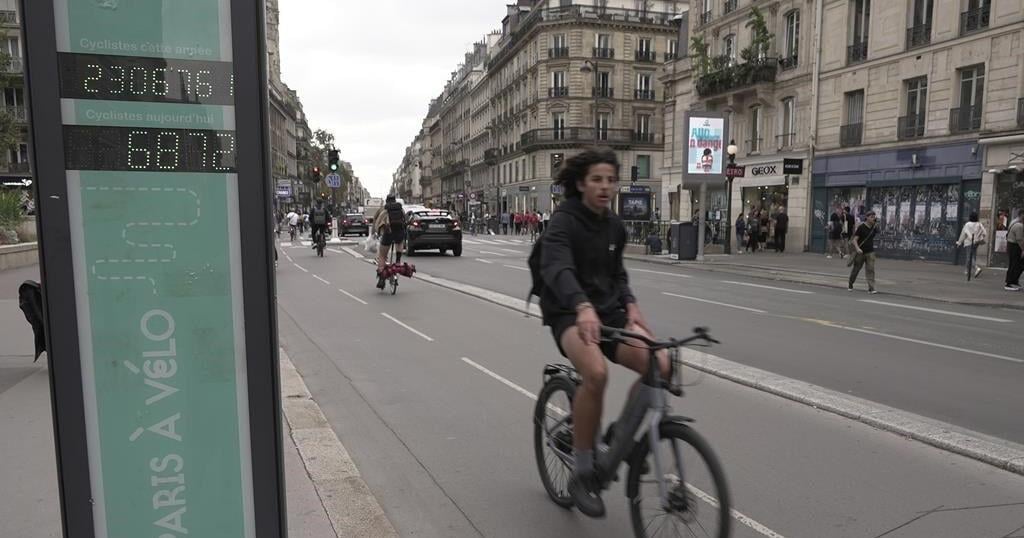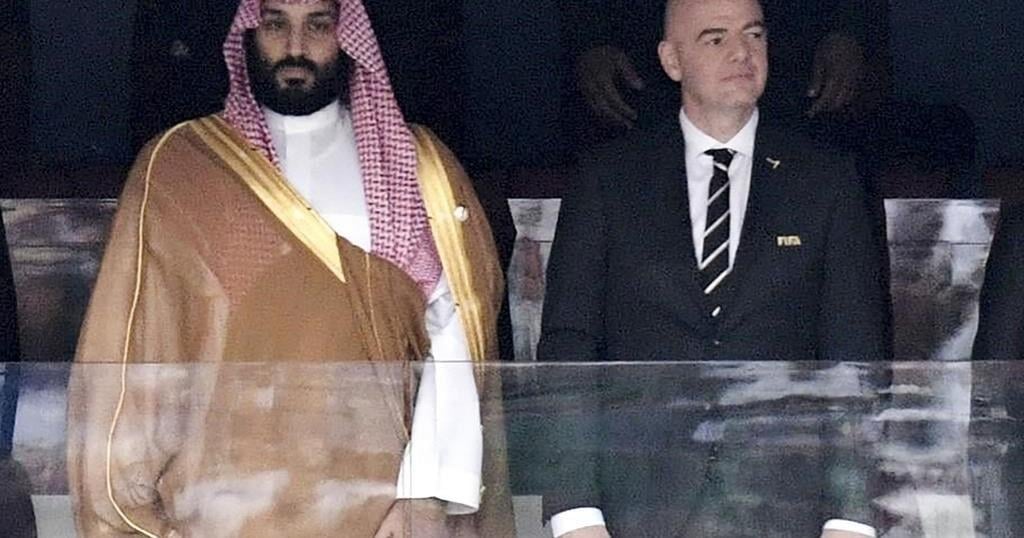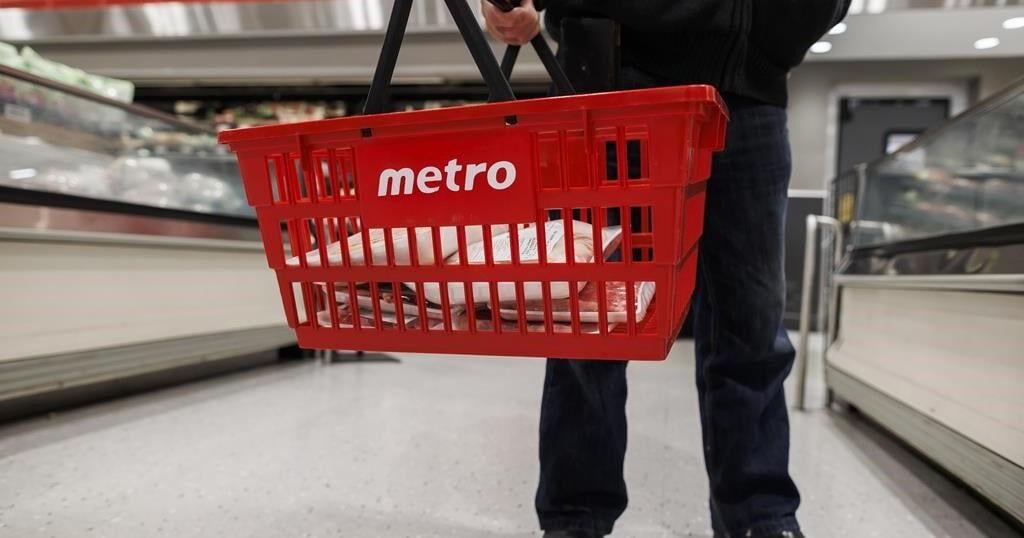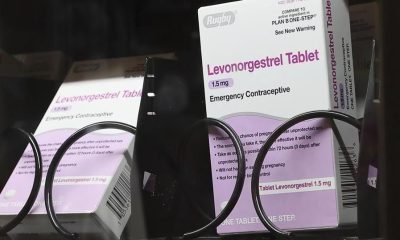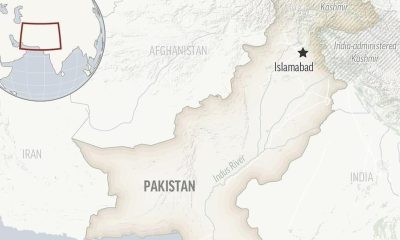JAKARTA, Indonesia (AP) — A dismissed town mayor who fled the Philippines after being accused of helping establish an illegal online gaming and scam center catering mostly to clients in China has been arrested near Indonesia’s capital, officials said Wednesday.
Indonesian authorities arrested Alice Guo at a house in Jakarta’s satellite city of Tangerang just before midnight on Tuesday, according to Khrisna Murti, chief of the international division of the National Police.
Guo was in custody and awaiting deportation to the Philippines, Murti said, adding that her arrest was the result of “cooperation between Indonesian and Filipino’s police.”
Filipino President Ferdinand Marcos Jr. thanked the Indonesian authorities.
“Let this serve as a warning to those who attempt to evade justice,” Marcos said and added that arrangements were being made to bring Guo back to the Philippines where she faces a slew of criminal charges.
After Guo fled the Philippines in July, she was tracked in Malaysia and Singapore before turning up in Indonesia. Two companions, who reportedly slipped out of the Philippines with her without going through normal immigration and clearing procedures, were recently arrested in Indonesia.
Guo ran as a Filipino candidate in 2022 elections and won as mayor of the rural town of Bamban in Tarlac province north of Manila. She was accused of helping establish a massive complex with several buildings near the town hall as a hub for an illegal online gambling and scam outfit that catered mostly to clients in China, where gambling is forbidden.
A Senate committee ordered Guo arrested after she refused to appear in hearings looking into the illegal gambling business that flourished under Marcos’s predecessor, Rodrigo Duterte, who nurtured cozy ties with Chinese President Xi Jinping while often criticizing the United States and European countries.
Guo has also been accused of concealing her Chinese nationality to run for public office, which is reserved for Filipino citizens only. At the time, a few senators suggested she may be working as a Chinese spy.
Guo has denied any wrongdoing but was dismissed from her post for grave misconduct by the Ombudsman, an agency that investigates and prosecutes government officials accused of crimes, including graft and corruption.
In July, Marcos ordered an immediate ban on widespread and mostly Chinese-run online gaming operations, accusing them of involvement in human trafficking, torture, kidnappings and murder.
The crackdown on the Chinese-run online gambling outfits — estimated to number more than 400 across the Philippines and employing tens of thousands of Chinese and Southeast Asian nationals — was backed by Beijing.
It resulted in the shutdown in the Philippines of sprawling complexes, where authorities suspect thousands of Chinese, Vietnamese and other nationals mostly from Southeast Asia have been illegally recruited and forced to work in dismal conditions.
Philippine senators say the massive online gambling industry has flourished largely due to corruption in government regulatory agencies and big payoffs to officials.
Indonesia and the Philippines signed an extradition agreement in 1976.
___
Gomez reported from Manila, Philippines. Associated Press writer Niniek Karmini in Jakarta, Indonesia, contributed to this report.

